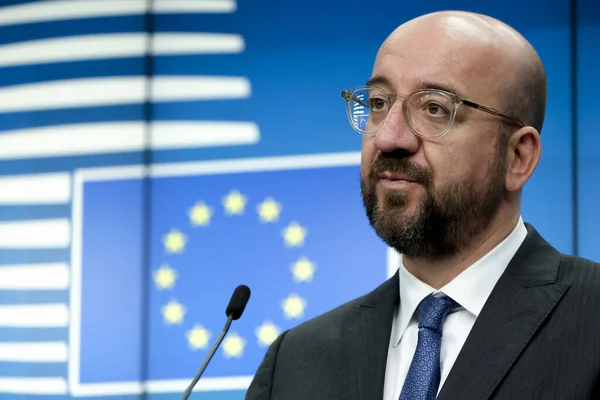Advertisement
In a statement on Wednesday, the council said it had agreed on its position as part of its proposal to establish a Dedicated Anti-Money Laundering Authority, or AMLA. According to the regulator, the AML body will have the authority to oversee "high-risk and cross-border financial institutions" including cryptocurrency companies – "if they are considered risky."
European Parliament member Ondřej Kovařík said European Union officials had also reached an "interim political agreement" on the government agency's Money Transfer Regulation. Not all of the details of the revision are clear at the time of publication, but the draft regulation in March may require cryptocurrency service providers to collect personal data related to money transfers of any scale made to and from non-stored wallets, as well as the ability to verify their accuracy.

European Parliament member Ernest Urtasun said: "We are putting an end to the operation of unregulated cryptocurrencies, closing major loopholes in European anti-money laundering rules." "The rules will not apply to P2P transfers in which no legal entity required to join […] the CASP will be required to collect information and apply enhanced due diligence measures to all transactions involving non-storage wallets, on a risk-based basis."
First proposed in July 2021, AMLA will be operational in 2024 and "begin direct monitoring work a little later," according to the European Commission. The Financial Supervisory Authority will be one of the first regulatory institutions to have the authority to oversee money laundering across large areas of Europe, coordinate with the financial intelligence units of their respective countries and work with local regulatory authorities.
>> See also: Taiwan's central bank considers an interest-free CBDC design.
—
Telegram: https://t.me/+XqnDmxy-bz0wMTE1
Group: https://www.facebook.com/groups/655607162536305
Fanpage: https://www.facebook.com/WikiBinancecom
Twitter: https://twitter.com/wikibinancevn
















